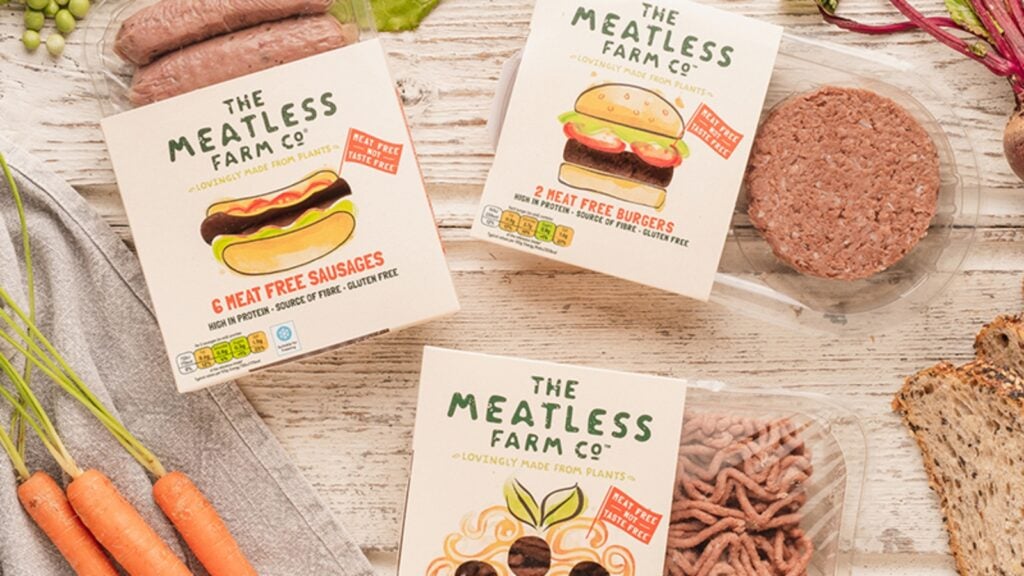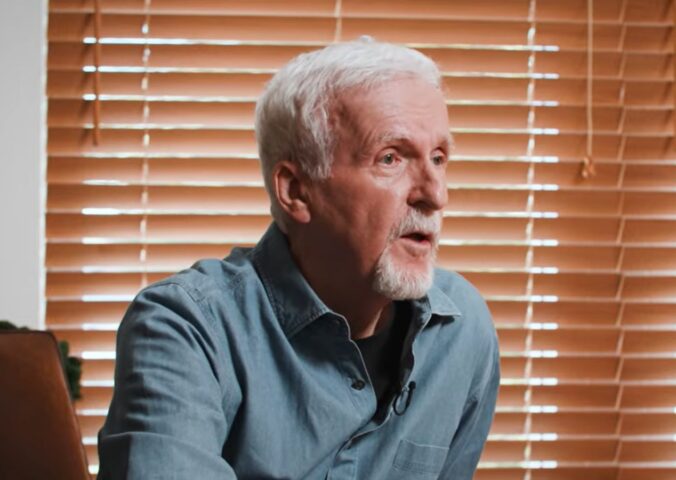The CEO of a leading meat producer, Danish Crown, says beef will become a luxury item like champagne due to its negative effect on the planet. Further, the company admits that it underestimated the plant-based movement.
Danish Crown is Europe’s largest meat processing company, according to its website, with market access to more than 130 countries.
In the financial year 2019-2020, Danish Crown slaughtered 18 million pigs and 0.8 million cattle, its annual report says.
The future of meat
The company’s CEO, Jais Valeur, recently spoke with Denmark’s Berlingske newspaper about the future of meat.
“It has become clear to me that the way one consumes and thinks about meat is going to change markedly in the coming years,” Valeur said.
He’s referring to the public’s increasing concern about the climate emergency. A growing body of research is shining light on the destructive nature of animal agriculture – including deforestation, emissions, biodiversity loss, and pollution.
Beef, in particular, is said to be one of the least sustainable meats.
“Beef is not going to be super climate friendly. It will be a bit like champagne, namely a luxury product,” Valeur explained, adding that it will be eaten ‘when we need to pamper ourselves’.
Michael Minter, Program Manager at think tank CONCITO, agreed with Valeur’s remarks.
“I agree that beef will very much be a luxury product. Beef and dairy products are some of the most climate-damaging foods,” Minter said to Berlingske. “But the alternatives are on the way. I think developing cell- or plant-based alternatives can go pretty fast. It will challenge cattle breeders and slaughterhouses.’
Underestimating the meat-free movement
According to its website, Danish Crown is aiming to halve its climate impact by 2030. Further, the company wants to achieve ‘carbon-neutral production’ by 2050.
This may be why the 130-year-old meat company has started producing plant-based food, a topic which Valeur himself admits he overlooked.
“When I took office five years ago, Danish Crown was challenged in several areas. At one point, we were asked about plant-based foods and climate by some consultants, but declined that it should be on the agenda,” Valeur said.
“I probably had my Beatles moment there. Because it was a bit like rejecting the Beatles when they came out. Here, five years later, I would like to admit that we were wrong.”






